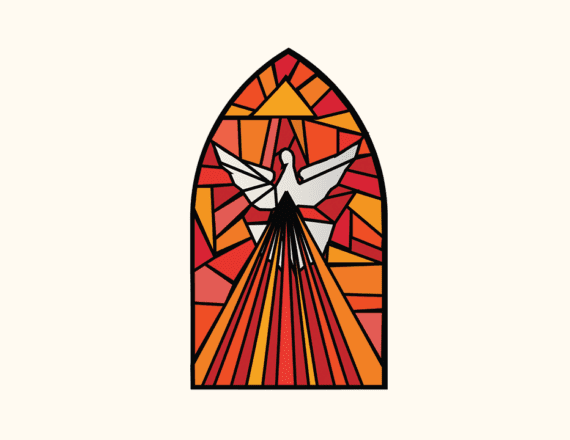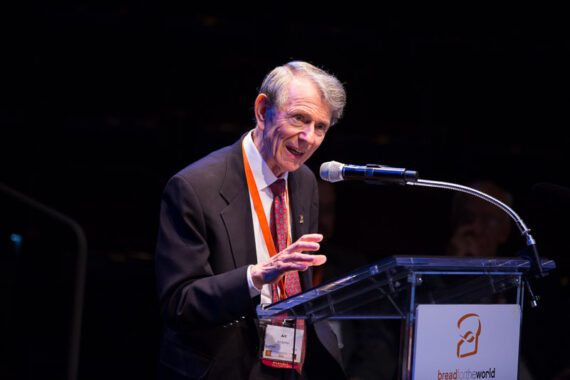Reforming our criminal justice system is critical to ending hunger and poverty in the United States. Families are directly impacted when loved ones are incarcerated, especially if they are serving long prison sentences. People returning from incarceration face daunting reentry challenges. Reforms, such as reducing mandatory minimum sentences for nonviolent offenders, eliminating the collateral consequences to incarceration, and expanding access to reentry services would help reduce hunger and improve the stability of families in the United States.
Prayer for Reflection:
Lord God,
You call us to journey with you through the wilderness this Lenten season.
Our wilderness is a scary place, filled with distractions from the work of Kingdom building. But, we have freely and readily accepted this journey; guide our hearts, minds, and feet.
On this journey, we now turn our attention to our brothers and sisters in our criminal justice system.
We remember the teachings of Jesus, who told us that when we visit those in prison, we visit him. You mean us to see you in those in prison and to treat them with justice and compassion.
In the United States, many of our brothers and sisters receive sentences meant to punish, not to heal. In our country, black and brown sisters and brothers are incarcerated at much higher rates than our white sisters and brothers.
Be with victims of crime, especially violent crime.
Be with men who grow up in the prison system, struggling to make a contribution to the world around them.
Be with women who are separated from their young children for long periods of time.
Be with families of those incarcerated, the children who struggle to understand why mommy or daddy isn’t around, the now single parent working two jobs to get by, and others whose hardship is less obvious.
Be with law enforcement officers and court systems who look for spaces of compassion in laws meant to seek revenge.
Be with and move the hearts of our elected leaders who have the power to make positive change to allow people to contribute to their fullest potential.
Be with each of us, O Lord.
As we see our imprisoned sisters and brothers, show us Jesus the prisoner in them—not only the guilt and pain, but also the humanity and promise their lives still hold.
Make these 40 days a Living Lent in which we come to know you deeper.
Questions for Reflection:
How are justice and mercy different?
Where do you see a difference between justice and mercy in your life? In your work?
How can you embody God’s call to justice and mercy in your life?
Scripture for Reflection:
March 29: Hosea 14:2-10 and Isaiah 10:1-2
March 30: Hosea 6:1-6 and 2 Chronicles 7:14
March 31: Joshua 5:9a, 10-12 and Proverbs 24:23
April 1: Isaiah 65:17-21 and Isaiah 32:16-17
April 2 : Ezekiel 47:1-9, 12 and Psalms 35:10
April 3: Isaiah 49:8-15 and Ezekiel 18:4
April 4: Exodus 32:7-14 and Exodus 22:25-27
April 5: John 7:1-2 and Zechariah 7:9-10
April 6: Jeremiah 11:18-20 and Psalms 146:5-7
April 7: Isaiah 43:16-21 and Hebrews 13:3
Additional resources about this theme:
Hunger and Mass Incarceration
Mass Incarceration: A Major Cause of Hunger
Share this Living Lent blog on social media using #LivingLent and #Lent2019



